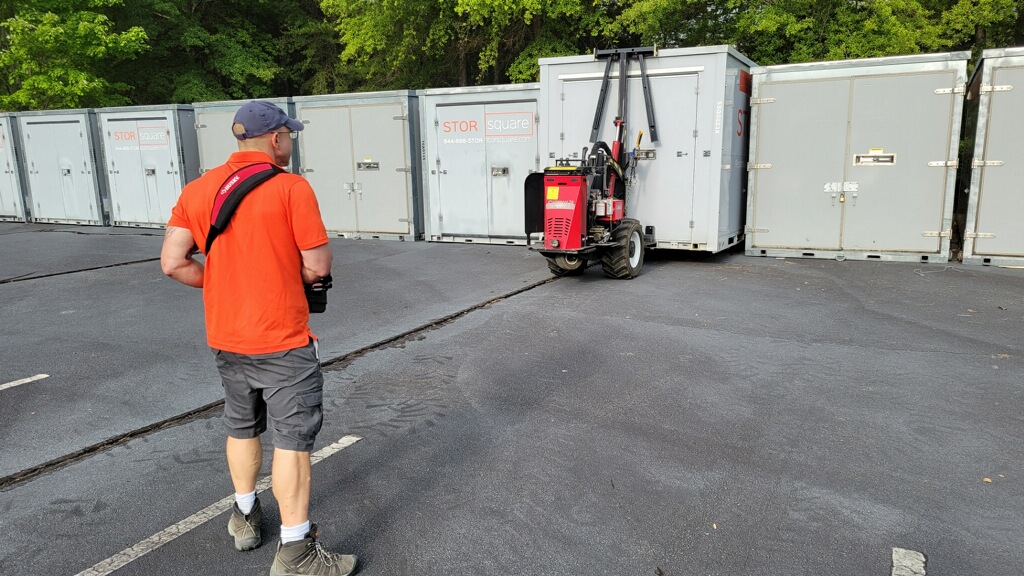In recent years, trends in corporate relocation have evolved due to factors like the rise of remote work, shifting talent migration patterns, and increasing demands for digital infrastructure. Companies are adjusting their relocation strategies to stay competitive in this changing landscape. To navigate these trends, businesses must proactively adapt to new priorities for a smooth transition.
1. Remote Work and Hybrid Models
Businesses have been able to reevaluate their needs for office space as a result of the growth of remote work. Many are switching to flexible workspaces or downsizing. Instead of using centralized offices, businesses are instead selecting locations based on employee accessibility. This might entail selecting less crowded, more reasonably priced locations while maintaining support for digital connections.
2. Talent Migration Patterns
Across the U.S., including in Tennessee, employees are relocating from larger cities to more suburban or rural areas. The trend is driven by the desire for a better quality of life, lower living costs, and more remote job opportunities. In an effort to recruit qualified personnel, businesses are pursuing the talent pool, establishing satellite offices, or providing flexible relocation packages.
3. Digital Infrastructure Needs
Businesses should prioritize locations with strong digital infrastructure as remote work and digital tools become essential. When choosing a new company location, dependable internet connectivity and cutting-edge communication networks are essential. Being close to reliable broadband services and cloud technology is essential for companies thinking about relocating to and from cities like Friendsville.
4. Temporary Storage During Relocation
Temporary storage solutions are crucial when companies move. Having access to safe, on-demand storage alternatives guarantees that assets, merchandise, or equipment are held effectively and safely, regardless of whether you’re moving to a new site or reducing office space. STORsquare offers scalable, adaptable storage solutions that assist companies in smoothly managing their relocation and maintaining organization throughout changes.

5. Environmental Sustainability
When moving a company, sustainability is becoming a more significant factor. Businesses are searching for methods to match their relocation plans with environmental objectives, from selecting energy-efficient buildings to lowering the carbon footprint of the moving process. Offering incentives to staff members who relocate in an environmentally responsible way or choosing sites with green certifications are two examples of how to do this.

